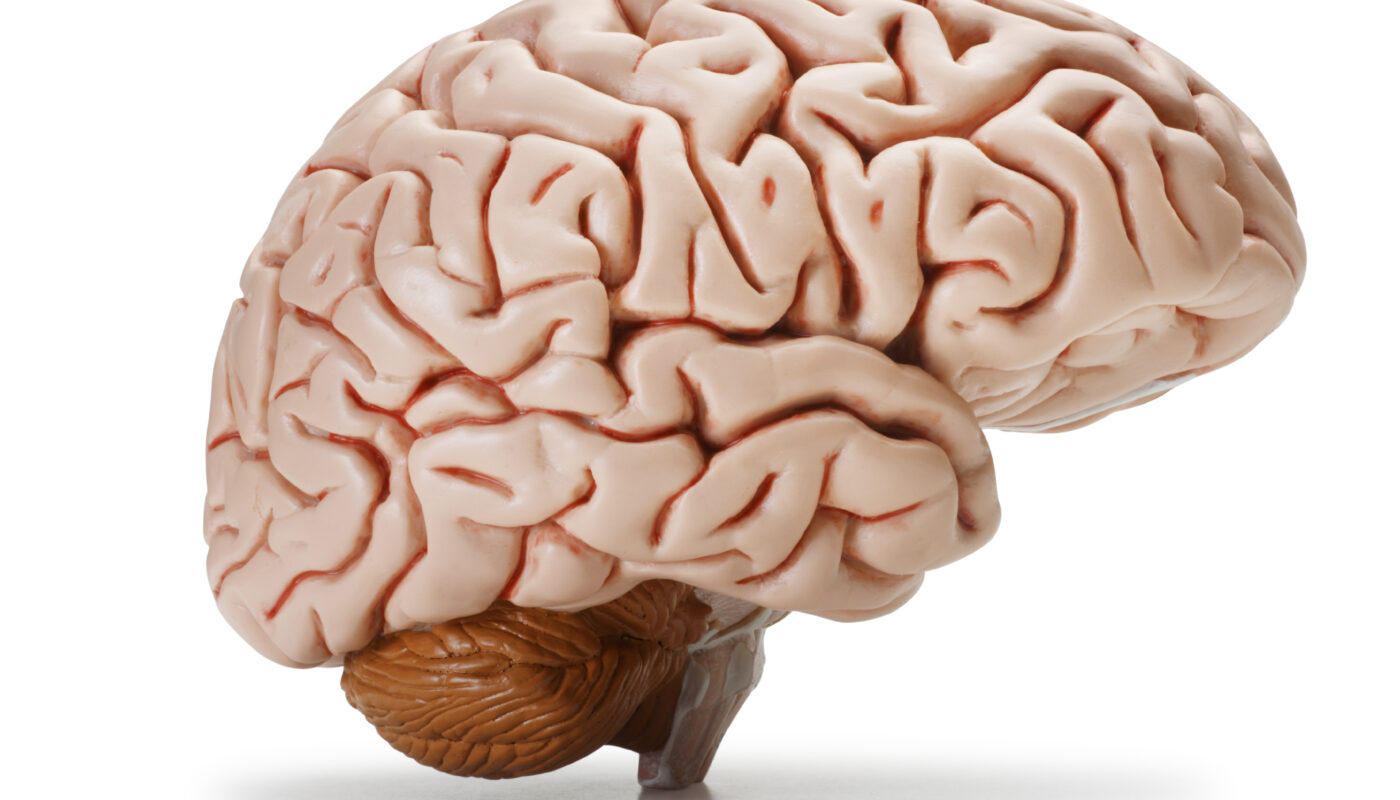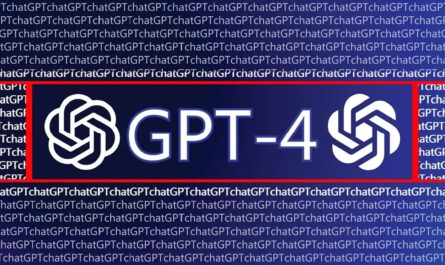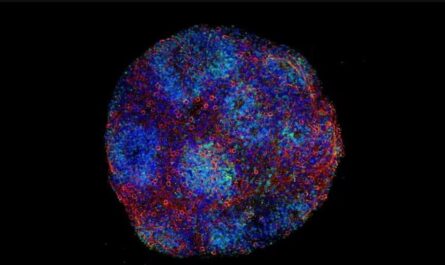A recent study conducted by researchers in cognitive neuroscience has found that our brains are naturally inclined to learn more from people we like and less from those we dislike. The study, published in Communications Psychology, sheds light on the mechanisms behind our ability to integrate and retain new information.
Memory plays a crucial role in our learning process, allowing us to acquire knowledge from both personal experiences and observations of others. This process, known as memory integration, enables us to draw inferences and make connections between seemingly unrelated events, thereby enhancing our learning efficiency.
Lead researcher Inês Bramão, an associate professor of psychology at Lund University, provided an example to illustrate memory integration. Imagine walking in a park and encountering a man with a dog. Later, you spot the same dog with a woman in the city. Despite never having seen the man and woman together, your brain quickly infers that they are a couple.
While memory integration can be beneficial, there is also a risk of drawing incorrect conclusions or exhibiting selective memory. To investigate the factors that influence this process, Bramão, along with colleagues Marius Boeltzig and Mikael Johansson, designed experiments where participants were asked to remember and connect various objects.
The researchers discovered that memory integration was influenced by the individuals who presented the information. When the information came from someone the participants liked, they found it easier to connect and remember the information compared to when it came from someone they disliked. The participants used personal criteria, such as political views, interests, and preferences, to determine their level of liking or disliking.
These findings have real-life implications, according to the researchers. Bramão offers a hypothetical example from the political realm. Suppose a political party advocates for raising taxes to improve healthcare. Later, you visit a healthcare center and observe improvements. If you sympathize with the party’s viewpoint, you are more likely to attribute the improvements to the tax increase, even if there could be alternative explanations.
The study highlights the already established notion that people process information differently depending on its source, contributing to polarization and resistance to new knowledge. However, the researchers argue that their research goes deeper by revealing how these phenomena are rooted in fundamental principles of memory function.
We have a natural tendency to form connections and update our knowledge based on information presented by groups or individuals we favor. These favored sources often validate our existing beliefs, potentially reinforcing our polarized viewpoints. Understanding the origins of polarization and knowledge resistance from a neurological perspective provides valuable insights into these complex behaviors.
One particularly noteworthy finding is that our brains integrate information differently based on who is delivering it, even when the information itself is neutral. In real-life situations, where information evokes stronger reactions, these effects may be even more pronounced, according to Johansson.
In conclusion, the study suggests that our brains are programmed to prioritize learning from people we like, which has implications for how we assimilate information and form opinions. By recognizing these biases and understanding the underlying neuroscientific mechanisms, we can strive for more balanced and objective decision-making processes
*Note:
1. Source: Coherent Market Insights, Public sources, Desk research
2. We have leveraged AI tools to mine information and compile it



